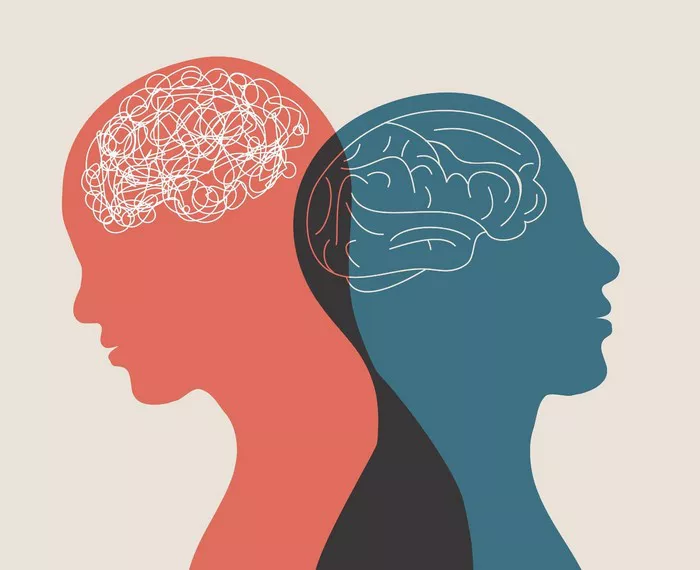In the face of rising costs and weakening social safety nets, the impact of eviction, foreclosure, and housing loss on families is increasingly evident. New research, published Wednesday in JAMA Network Open, reveals the significant mental health consequences that housing instability has on children.
The Hidden Impact on Children
While the effects of housing instability on adults have been well-documented, the impact on children, particularly their mental health, has not been as thoroughly explored. Jamie Hanson, an associate professor of psychology at the University of Pittsburgh and the study’s lead author, explains, “We knew that eviction or housing loss can impact the adults in a household, but we didn’t know as much about what happens to kids in families facing eviction or housing loss.”
The study utilized data from over 36,000 families to examine the relationship between a parent’s anxiety or stress about housing loss and mental health issues in their children. The findings reveal a concerning link between parental stress about eviction and an increase in depression and anxiety disorders in children.
Key Findings
One of the most striking results of the study was that a caregiver’s anxiety about housing loss was associated with a significant rise—between 10% and 35%—in depression among children. The research particularly highlighted the vulnerability of young children, those under the age of 9. Typically, depression rates in children under 8 or 9 years old are low, but the study found that stress related to housing loss led to an uptick in reported cases of depression in this age group.
Hanson emphasizes, “Normally, we don’t see high rates of depression in young kids, those younger than 8 or 9; but a parent’s anxiety or stress about housing loss was related to those issues being reported more.”
The study also found that not all mental health issues were linked to housing stress. There was no significant connection between housing instability and increases in ADHD or behavioral problems, even after controlling for other factors. This suggests that the stress associated with housing loss primarily affects internalizing issues, such as depression and anxiety.
Implications for Policy and Support
The findings underscore the profound emotional toll that housing instability takes on children, particularly as it leads to a rise in internalizing disorders like anxiety and depression. Hanson calls for urgent policy changes to address the underlying causes of housing instability and to protect children’s mental health.
“Housing instability disproportionately affects marginalized racial and ethnic groups, the economically disadvantaged, and families with children,” the study notes. Hanson stresses that eviction and foreclosure are not equally distributed across demographics, exacerbating existing disparities.
In light of these findings, Hanson advocates for policies that provide more robust housing assistance and protect families from the lasting emotional harm of eviction. He proposes measures such as allowing court records about evictions to be sealed temporarily to help reduce the stigma and long-term consequences for families.
Conclusion
The study highlights the critical need for policies that not only address housing instability but also protect the mental well-being of children. As Hanson states, “We could do more” to prevent housing loss and the negative mental health effects it has on the younger generation. Investing in housing assistance and supporting policies that shield children from the emotional consequences of eviction could make a significant difference in the well-being of families facing housing instability.
You Might Be Interested In:
-
Asthma and Antibiotic Use Increase the Likelihood of Revision Sinus Surgery
-
Study Investigates How Nanoplastics Could Affect Child’s Immune System During Pregnancy
-
Study Links High Pollen Exposure to Increased Death Rates in Older Adults with Breathing Issues

